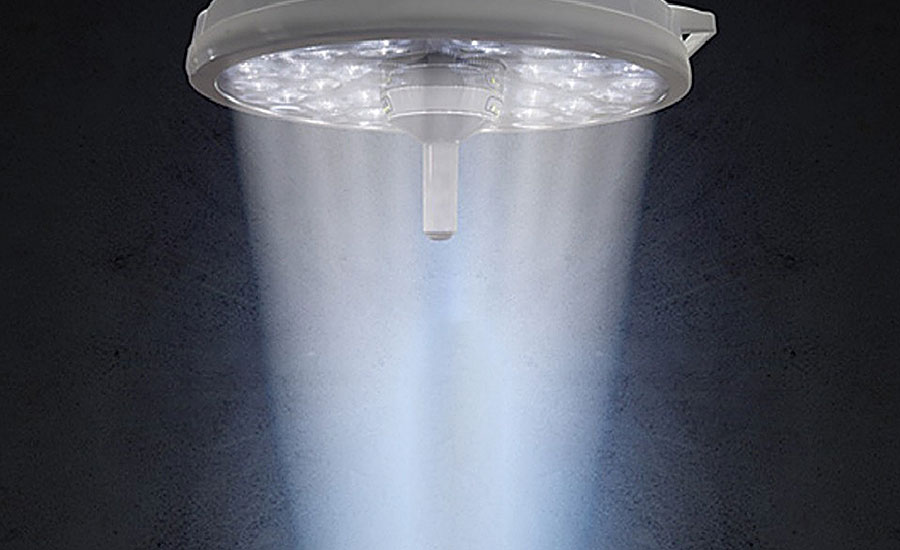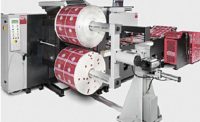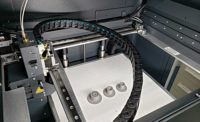Light is critical for our health and well-being. In the morning, bright light helps us wake up and feel alert and
energized. At night, dimmer light cues us to go to sleep. Equally important, the right type of light enables hospitals to provide surgery and other essential medical services 24/7.
Medical Illumination International (MII) is one of the world’s premier manufacturers of medical lighting equipment. Established in 1978, the company’s product range covers the complete spectrum of lighting for surgery, emergency procedures, examination and specialty uses.
Last fall, MII introduced its MI-750 LED lighting system, an innovative, more compact version of the company’s flagship MI-1000 surgical lighting unit. Both models provide bright, cool and energy-efficient LED illumination to minimize shadows and improve tissue rendition for exams or minor procedures. The machines also feature injection-molded components made of Udel polysulfone (PSU) and Radel polyphenylsulfone (PPSU) medical-grade polymers from Solvay Specialty Polymers.
“We owe our success to the meticulous design and reliable performance of our surgical lighting systems, which meet or exceed the demanding requirements of the operating theater,” explains Steve Rowey, chief operating officer for MII. “Solvay’s materials consistently exhibit a high level of quality and performance, from the molding process to end-use application.”
Three components on the MI-750 are made of PSU and PPSU: the lamp’s handle, a handle post and the lamp’s yoke attachment. Both polymers offer high stiffness for stable lamp placement, and dependable performance after frequent exposure to chemicals and autoclave sterilization. Simi Valley, CA-based Mold Precision Engineering molds the components for MII.
PSU is used for the handle and the yoke attachment, which holds a bearing in place to enable the cantilevered light to pivot. The polymer’s stiffness and dimensional stability ensure that the yoke attachment applies a precise amount of pressure on the bearing, thereby allowing the lamp to pivot freely, yet remain stable when released.
In addition, this polymer provides strong chemical resistance. That’s important, because the yoke must be cleaned frequently with stringent disinfectants. The polymer also withstands repeated autoclave cycles up to 250 F and complies with the American National Standards Institute autoclave standard AAMI-SSSA-1988 for steam sterilization in healthcare facilities.
PPSU is used for the 4-inch-long handle post because of its impact-strength, stiffness and chemical-resistance capabilities. The polymer is flame retardant, offers excellent chemical and heat resistance (deflection temperature of 405 F), and comes in medium, high and very high flow formulations for injection molding.
Both polymers provide other benefits. One is enabling MII to color match the injection-molded parts to the powder-coated polar white palette of the MI-750 lighting system. Peter Minaskanian, president of Mold Precision Engineering, says the polymers also process easily, offer value-added options for overmolding and deliver dependable performance from batch to batch.
Besides making medical lighting equipment, MII produces operating room tables, equipment management systems, and advanced, high-definition video integration systems. Brussels-based Solvay offers 35 brands of high-performance polymers for use in aerospace, alternative energy, automotive, healthcare, oil and gas, semiconductors, wire and cable, and other industries.
For more information on high-performance polymers, call 770-772-8760 or visit www.solvayspecialtypolymers.com.






